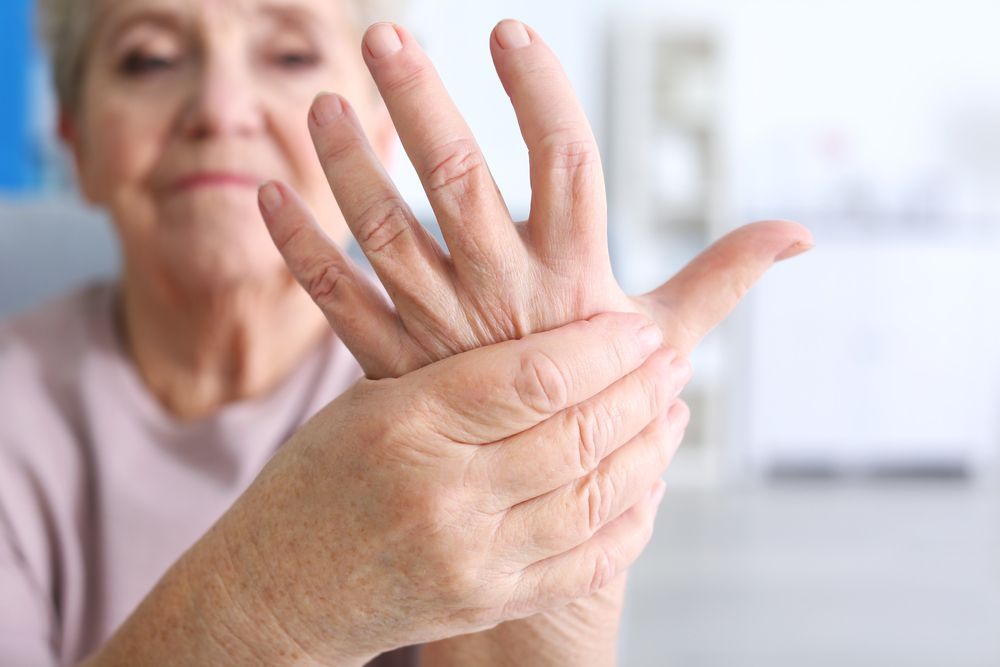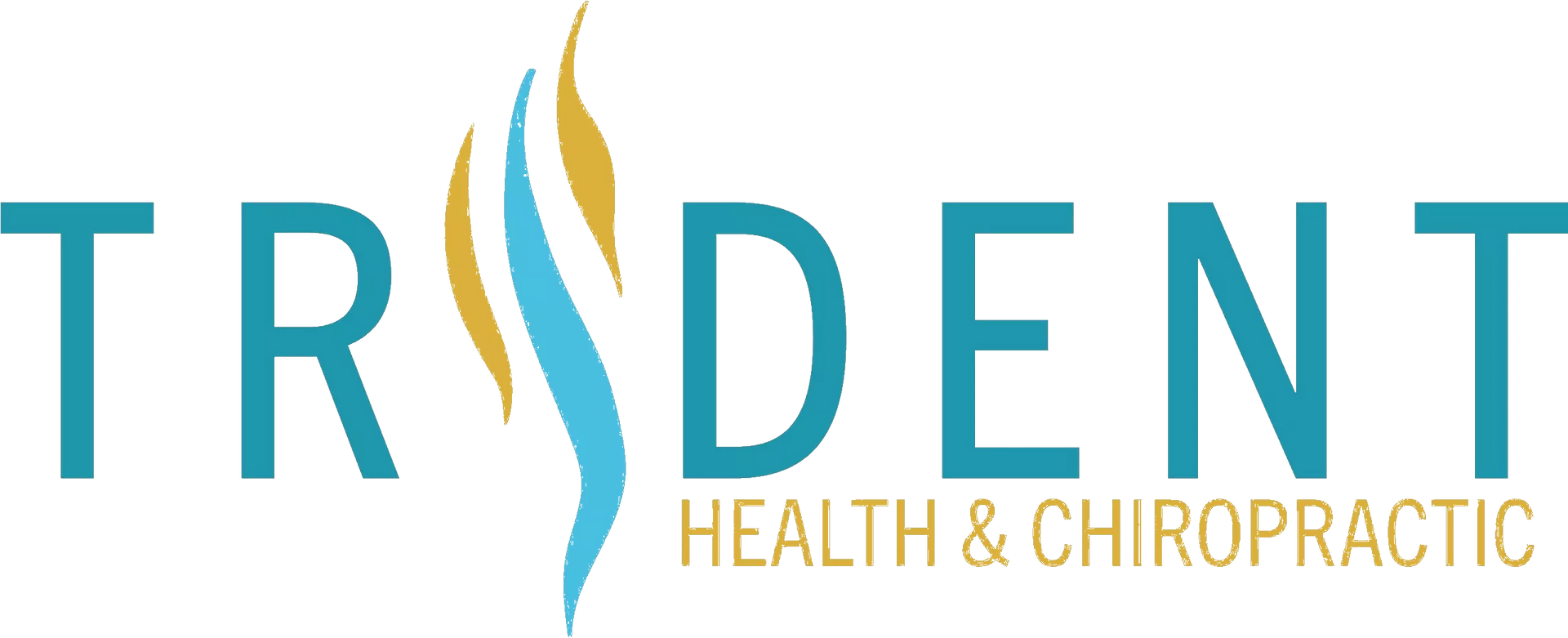Battling arthritis? You're in good company. It's a prevalent condition that affects many, particularly with advancing age. Arthritis can lead to significant pain and limit your movement, negatively impacting your daily life.
At Trident Health & Chiropractic, our team of chiropractic experts are here to assist. We're adept at mitigating the discomfort and stiffness associated with arthritis, enhancing the mobility of your joints.

All About Arthritis
Arthritis is a term that refers to a range of conditions affecting the joints, characterized by inflammation, pain, stiffness, and reduced range of motion. It can impact one or multiple joints, leading to various symptoms that may develop gradually or suddenly. Arthritis is more common in older adults but can affect people of all ages, including children.
Here's a brief overview of the different types of arthritis:
- Osteoarthritis (OA): The most common form, involving wear and tear damage to joint cartilage, affecting hands, knees, hips, and spine.
- Rheumatoid Arthritis (RA): An autoimmune disorder where the body's immune system attacks the joints, primarily affecting the hands and feet.
- Psoriatic Arthritis: Affects individuals with psoriasis, characterized by joint pain, stiffness and swelling.
- Gout: Caused by uric acid crystal accumulation in the joints, leading to intense pain and swelling, commonly affecting the big toe.
- Lupus (Systemic Lupus Erythematosus, SLE): An autoimmune disease that can affect the joints, skin, kidneys, blood cells, brain, heart and lungs.
- Ankylosing Spondylitis: A type of arthritis affecting the spine, causing inflammation of the spinal joints (vertebrae) that can lead to severe chronic pain and discomfort.
- Juvenile Arthritis: Refers to arthritis that affects children. It can be of various types, including juvenile rheumatoid arthritis (JRA), juvenile chronic arthritis (JCA), and juvenile idiopathic arthritis (JIA).
- Infectious Arthritis: Caused by an infection within the joint leading to inflammation, pain and swelling. This can be caused by bacteria, viruses or fungi.
- Fibromyalgia: A condition that causes widespread pain, fatigue and tenderness in the muscles and soft tissues around joints.
Causes of Arthritis
Arthritis can stem from a multitude of factors, each contributing to the development and progression of this joint condition.
Here's a concise list highlighting the diverse causes:
- Genetic Predisposition: Inherited traits that make one more susceptible to certain types of arthritis, such as rheumatoid arthritis.
- Age: The risk of developing many types of arthritis, including osteoarthritis, increases with age.
- Joint Injuries: Past injuries to joints can increase the likelihood of developing arthritis in those joints in the future. Stress on weight-bearing joints can also lead to arthritis.
- Infections: Microorganisms like bacteria and viruses can infect joints and potentially trigger arthritis.
- Autoimmune Disorders: Conditions where the body's immune system attacks its own tissues, leading to arthritis in various joints.
- Overuse: People with arthritis often over perform which leads to the condition. Repetitive stress on a joint, often due to certain jobs or sports, can lead to joint pain and arthritis over time.
- Obesity: Excess weight puts additional pressure on joints, particularly the knees, hips and spine, increasing the risk of arthritis.
- Metabolic Abnormalities: Such as gout and pseudo-gout, where crystals form in the joint causing inflammation and pain.
- Other Diseases: Certain diseases can directly affect the joints and the tissues that surround the joint, leading to arthritis.
Arthritis Symptoms
Arthritis symptoms can vary depending on the type of arthritis, its severity and the joints affected. There are common symptoms that many people experience. Here's a list of typical arthritis symptoms:
- Joint Pain
- Pain and Stiffness
- Swelling
- Redness and Warmth
- Decreased Range of Motion
- Tenderness
- Fatigue
- Weight Loss
- Fever
- Deformity
The intensity and combination of these symptoms can vary widely among individuals and even change over time. Early diagnosis and appropriate treatment can help manage symptoms and improve quality of life.
Arthritis Treatment Options
Often, turning to the assistance of a chiropractor can help reduce pain from arthritis. After evaluating your condition, our skilled chiropractors at Trident Health & Chiropractic will meet with you to learn about arthritis treatment options.
Below are a few arthritis treatment options.
- Chiropractic care based on your initial consultation.
- Over-the-counter (OTC) pain relievers, such as acetaminophen, and non steroidal anti-inflammatory drugs (NSAIDs) to reduce pain and inflammation.
- Prescription NSAIDs for more severe pain and inflammation.
- Disease-Modifying Anti-Rheumatic Drugs (DMARDs): Used primarily for rheumatoid arthritis and other autoimmune forms of arthritis to slow disease progression.
- Biologic Response Modifiers: A subclass of DMARDs, these are used for autoimmune arthritis and work by targeting specific steps in the inflammatory process.
- Physical wellness improvements.
- Lifestyle Modifications.
Learn About Arthritis Treatment in Spartanburg, South Carolina
If you suffer from arthritis, we encourage you to book an appointment at Trident Health & Chiropractic to discuss arthritis treatment.





